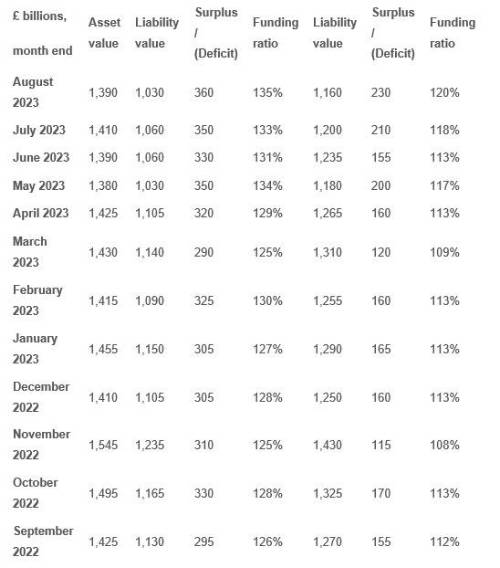PwC’s Low Reliance Index also continues to show a healthy surplus of £360bn. This tracks the position of the UK’s DB schemes based on a low-risk income-generating investment strategy, which should mean the pension scheme would be unlikely to call on the sponsor for further funding.
As a result of improved funding levels, an increasing number of schemes are looking to broker transfers to the insurance market. However, many schemes with insurance buyout as their end goal have found themselves with sufficient assets significantly sooner than they expected. This means that there is likely still plenty to do before the scheme can transact, including ensuring their data is ‘trade ready’.
John Dunn, head of pensions funding and transformation at PwC, said: “Many DB pension schemes can now afford insurance due to improved funding levels, but few have their ‘house’ in order and records ready for a transaction. One area that we see needing focus in almost every insurance transaction is the data the scheme holds on its members.
“While member data is good enough to pay benefits today, many pension schemes need to improve the quality of their data to allow them to pass the scheme over to an insurer. This could mean anything from simply manipulating data so that it is in a format that insurers will accept, to gathering extra or missing data on, for example, members’ spouses, to larger exercises where whole data sets are updated and transformed to take account of benefit changes. As a result, improving data has become a key priority for many trustees and sponsors of DB pension schemes so they can get their ‘house’ on the market.”
Gareth Henty, pensions partner at PwC, added:“This increased focus on scheme data comes at a challenging time for the pensions administration industry - for example, their business as usual activity in the day-to-day running of pension schemes has increased, in part driven by changes in member behaviours post-pandemic. Many trustees and companies are therefore finding themselves on long waiting-lists, which can hold them up if they need to improve the quality of their data before they can start proper pricing processes with insurers..
“As early as possible in a scheme’s journey to the insurance market, it’s critical that sponsors and trustees fully understand any limitations in their data from the insurer’s perspective, and how and when these can be resolved. Timing is key - insurers will need some data sooner than others. Prioritising and improving the critical areas sooner will help schemes stay agile in the busy buyout market and give them more certainty, enabling them to take advantage of opportunities that arise.”
The PwC Low Reliance Index and PwC Buyout Index figures are as follows:

|

